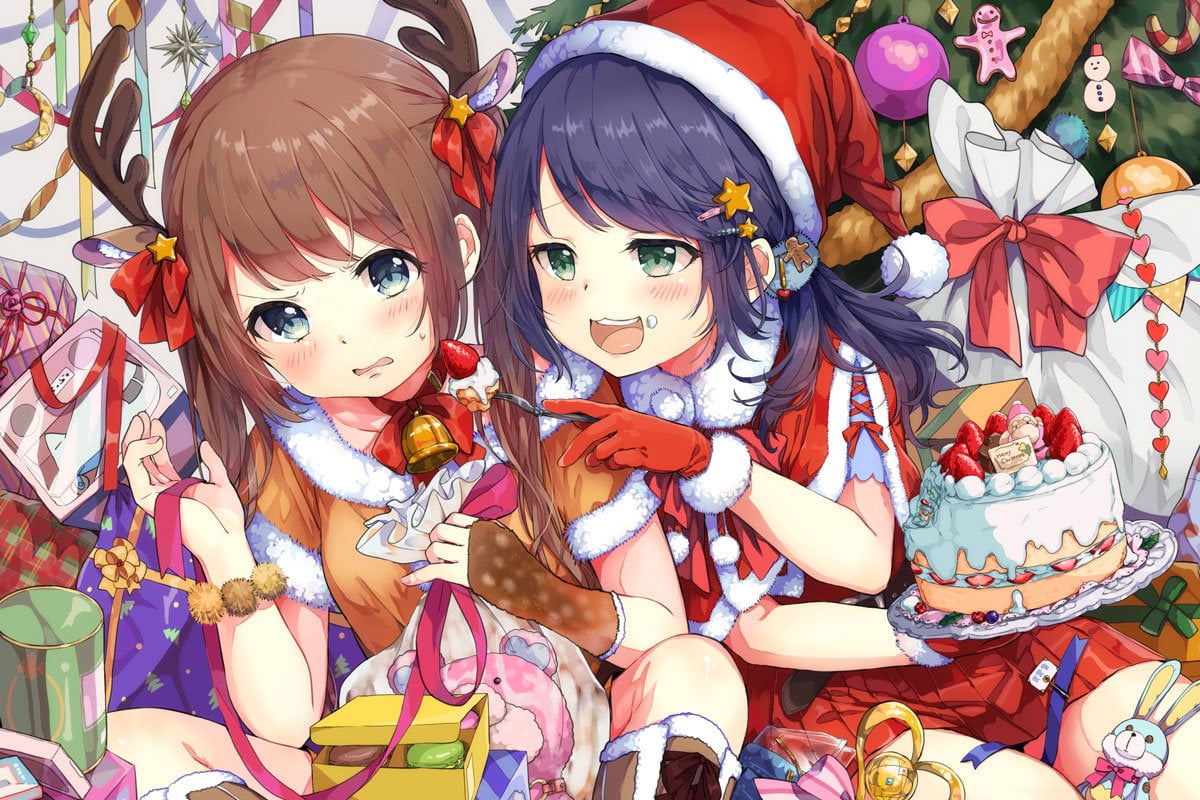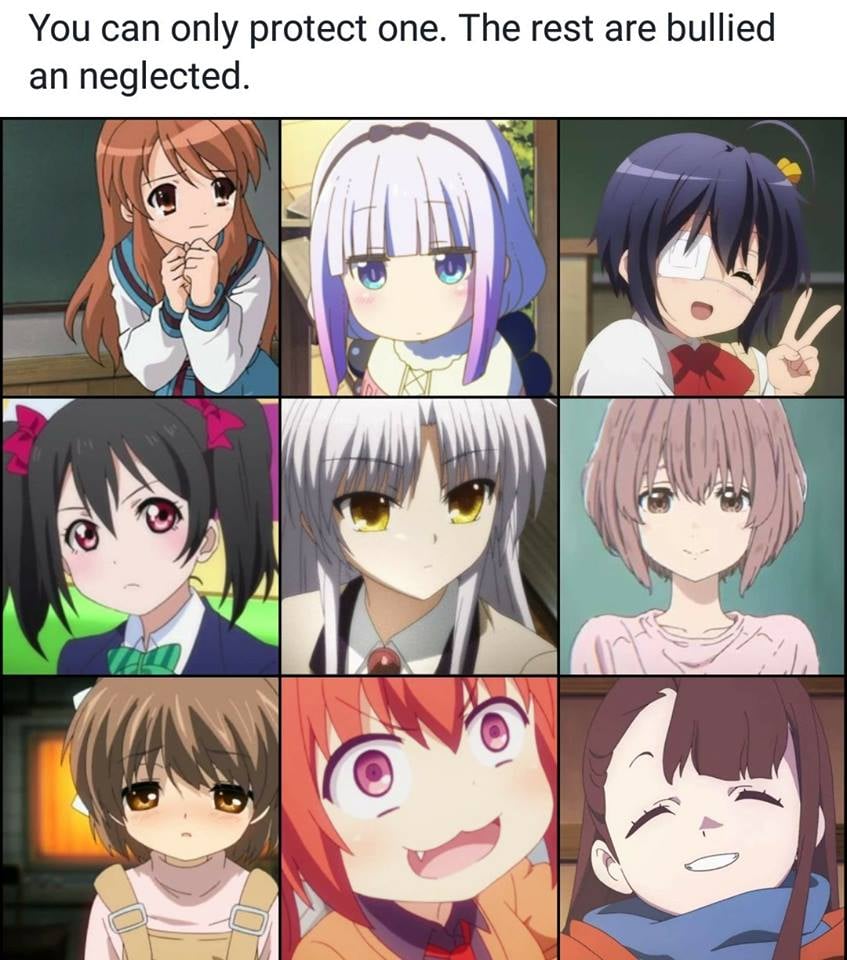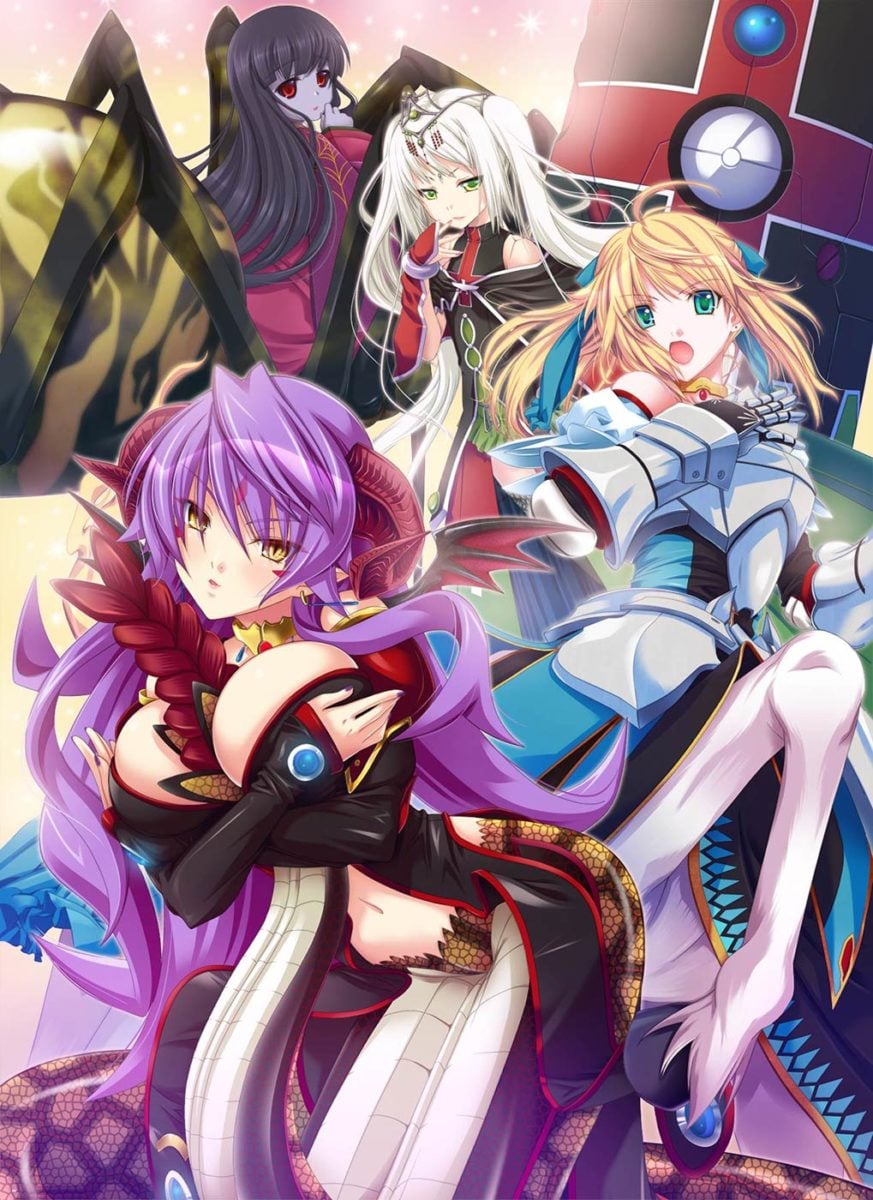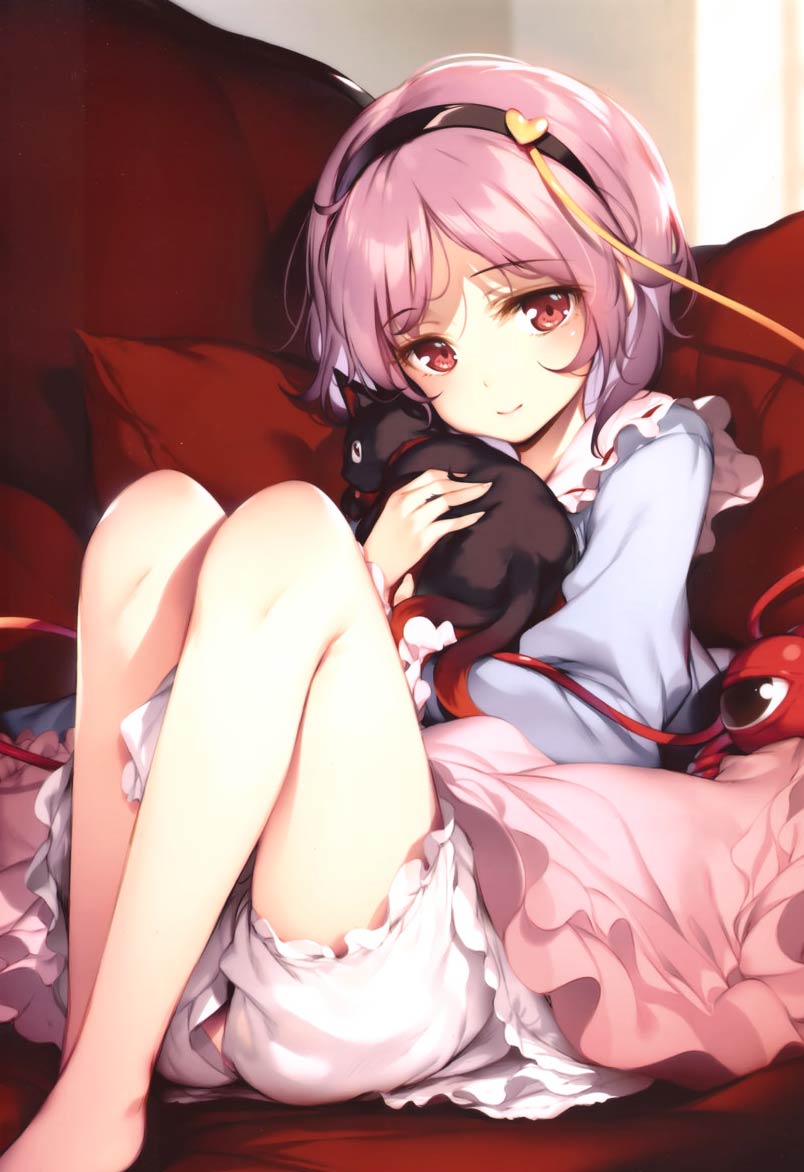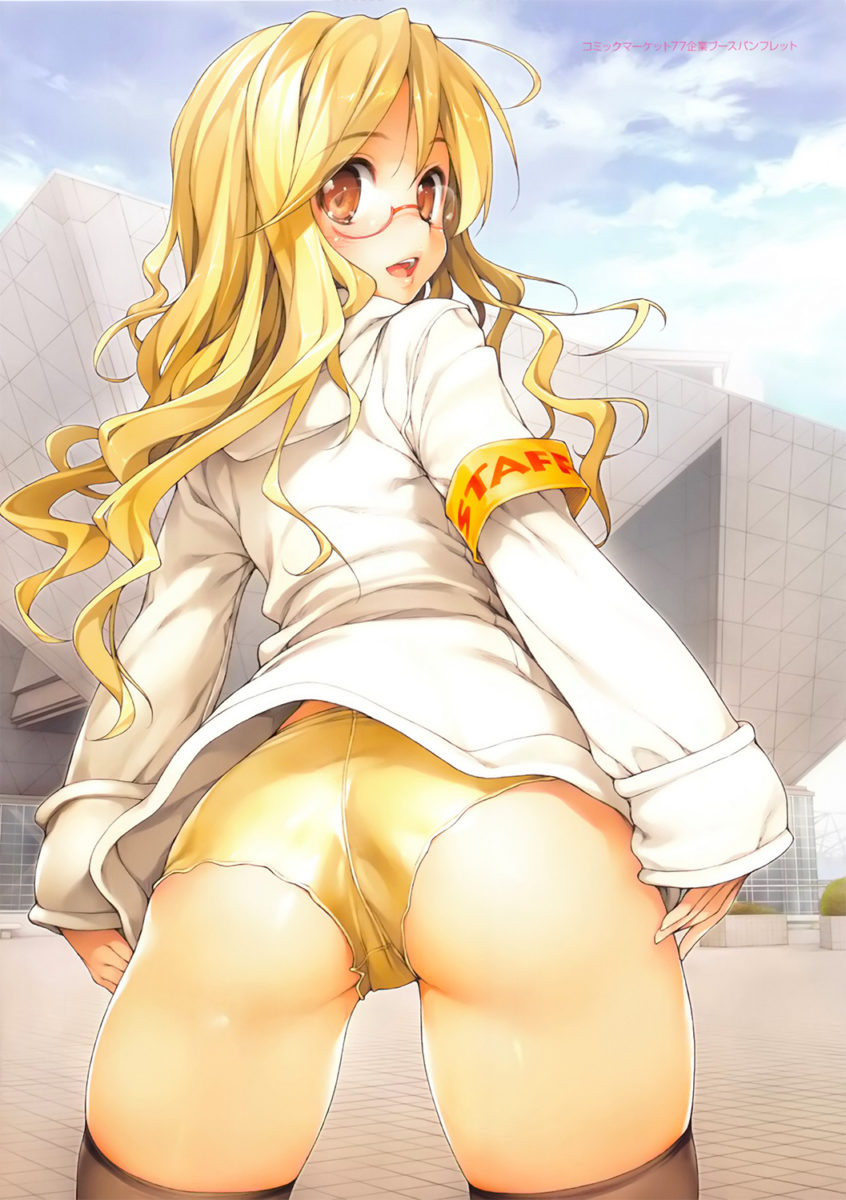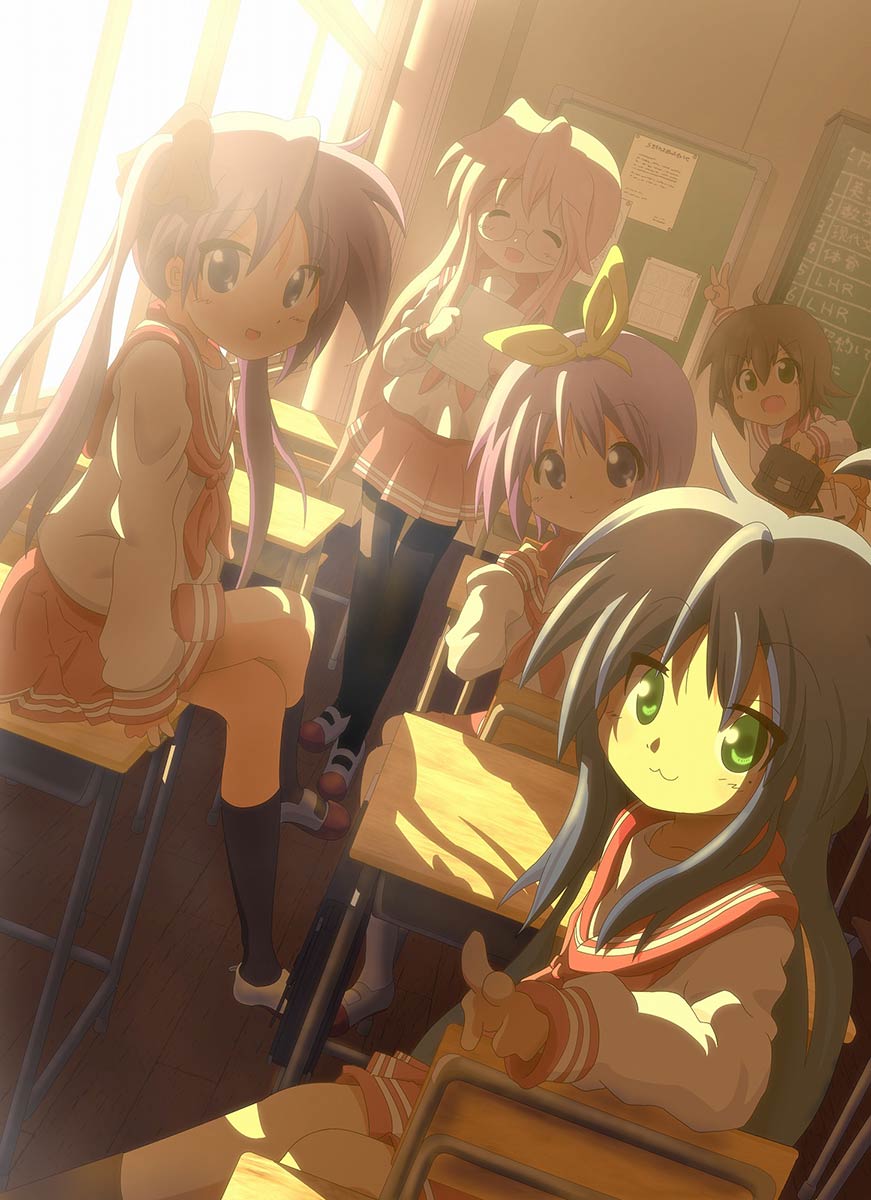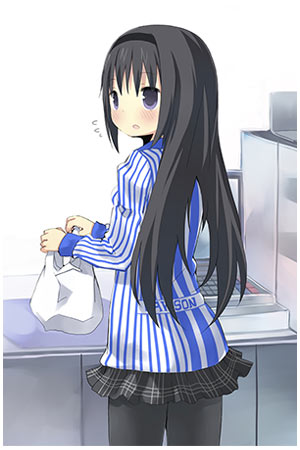Japan is about to begin Obon, a three-day Buddhist holiday to remember the souls of one’s ancestors, often referred to as Festival of the Dead. It’s essentially a blending of Halloween and American Thanksgiving in which millions of Japanese travel home to visit with family and pay respects at the family grave while the souls of the dead roam through Japan. Much of the country shuts down on August 13, 14 and 15th, and Tokyo becomes a ghost town, at least compared to its usual bustling energy. Living in Japan for the past 22 years has taught me a lot about what the Japanese are all about spiritually. While anywhere from 45 to 75% of Japanese will insist they have no formal religion, when all is said and done Japan is a very Buddhist country, and nothing in Japanese Buddhism is more important than properly remembering one’s ancestors — your parents, grandparents and other family members without whom you wouldn’t exist. My wife regularly looks to her dead grandmother for guidance and protection, and every morning she or our daughter burns a stick of incense at the Buddhist altar to let the dead know they haven’t been forgotten. While many of the cultural images of Obon are pleasing to our outsiders’ eyes — a whole community performing the bon-odori dance while lanterns guide the souls of the dead home — others might be confusing. For example, the dead are thought to ride home from heaven on horses and cows, which are represented by cucumbers and eggplants with chopsticks inserted as feet, and families will make little cucumber and eggplant animals and set them on their Buddhist altar to get ready for their ancestor’s homecoming.

Images of Obon, the most important religious time in Japan.


